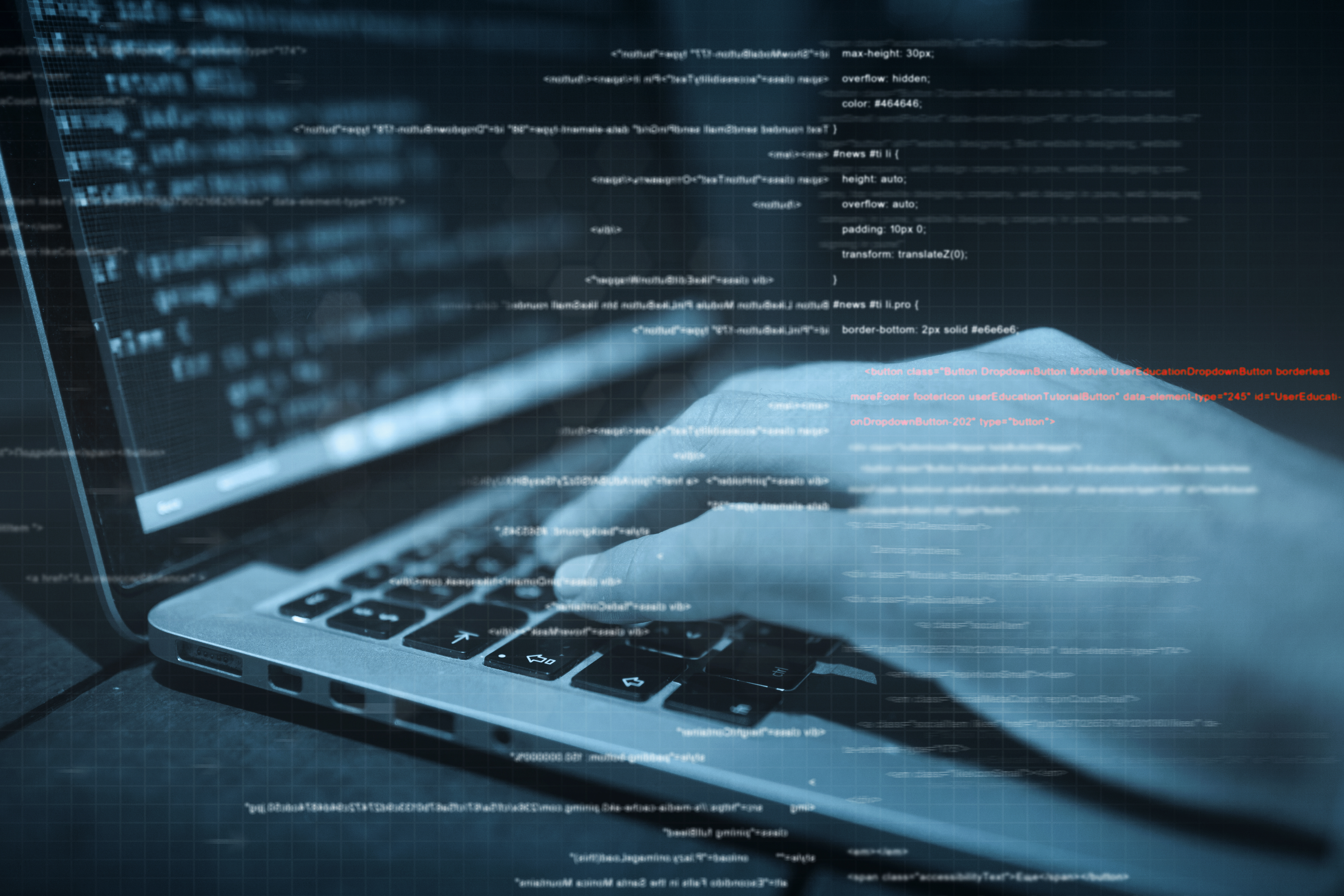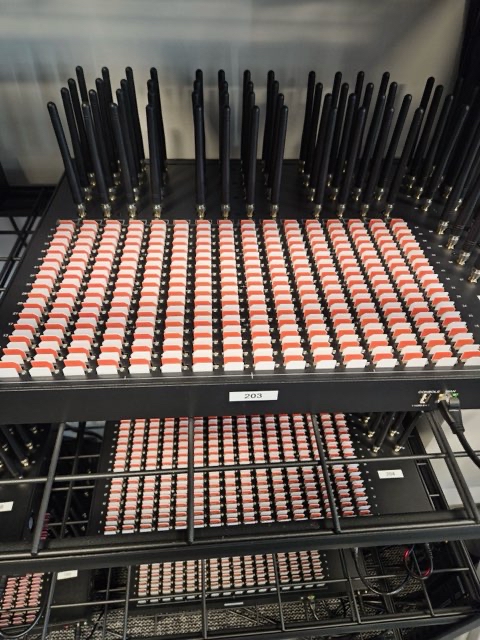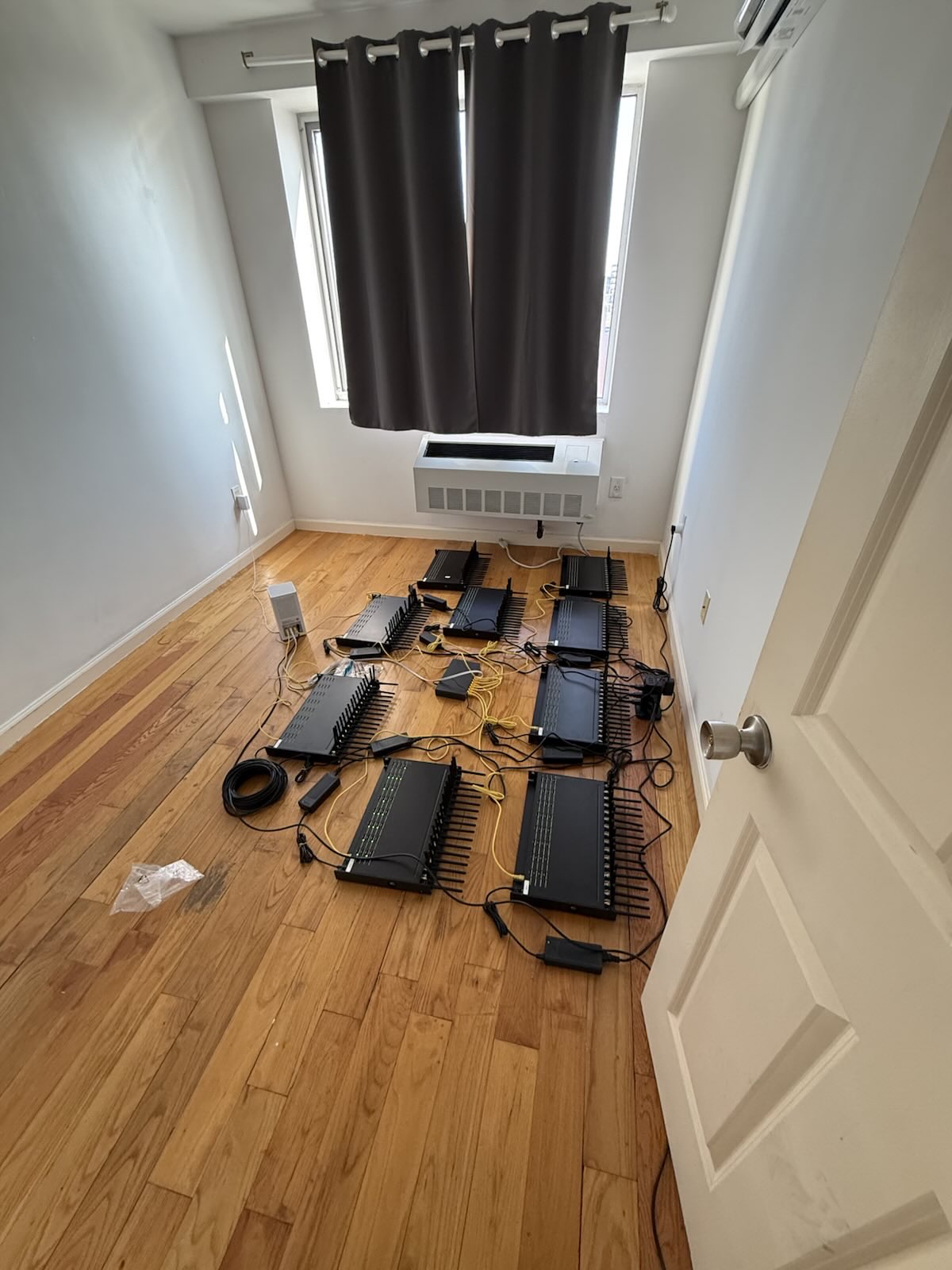"It could be catastrophic to the city" - US Secret Service takes down massive million-dollar network of SIM cards it says was capable of taking down comms across New York
Comms networks could have caused major damage, Secret Service claims

- A massive communications network was uncovered in New York
- The network is made of 300 servers containing 100,000 SIM cards
- Only part of the network was deployed, with more equipment discovered ready to be added to the network
The US Secret Service has uncovered and dismantled a telecommunications network in New York which may have been used by organized criminals to communicate with foreign state-sponsored actors.
The enormous network was made up of over 300 servers that housed a combined 100,000 SIM cards, and allegedly had the potential to disrupt phone networks across the tristate area and facilitate encrypted communications.
The United Nations General Assembly is currently ongoing in New York, and the Secret Service has suggested the network could have been used “to conduct multiple telecommunications-related threats directed towards senior U.S. government officials.”
Advanced Threat Interdiction Unit
The 300 co-located servers were all within 35 miles of the United Nations and could have been involved in “disabling cell phone towers, enabling denial of services attacks and facilitating anonymous, encrypted communication between potential threat actors and criminal enterprises.”
An investigation is currently ongoing and is being conducted by the Secret Service’s new Advanced Threat Interdiction Unit, which is “dedicated to disrupting the most significant and imminent threats to our protectees.”
While the network included 100,000 active SIM cards being used in encrypted communications, the Secret Service also said that there were many more waiting to be deployed.





Matt McCool, special agent in charge of the Secret Service’s New York field office said, “It can’t be understated what this system is capable of doing. It can take down cell towers, so then no longer can people communicate, right? … You can’t text message, you can’t use your cellphone. And if you coupled that with some sort of other event associated with [the UN general assembly], you know, use your imagination there – it could be catastrophic to the city.”
Sign up to the TechRadar Pro newsletter to get all the top news, opinion, features and guidance your business needs to succeed!
The Secret Service has been investigating threats against senior US officials from telecommunications networks, which led to the discovery of the SIM cache network.
Multiple US officials have been targeted in impersonation and ‘smishing’ attacks in recent months.
The SIM cards will be analyzed for phone calls and text messages, with the network capable of sending upwards of 30 million messages in a single minute, McCool said, stating the network was highly organized and would have cost millions of dollars to construct.
“The potential for disruption to our country’s telecommunications posed by this network of devices cannot be overstated," added Sean Curran, director of the Secret Service.
"The U.S. Secret Service’s protective mission is all about prevention, and this investigation makes it clear to potential bad actors that imminent threats to our protectees will be immediately investigated, tracked down and dismantled.”
You might also like
- Take a look at the best proxy sites around today
- These are the the best identity theft protection services around
- Europol mapped a multi-million Euro criminal network by analyzing encrypted comms

Benedict has been writing about security issues for over 7 years, first focusing on geopolitics and international relations while at the University of Buckingham. During this time he studied BA Politics with Journalism, for which he received a second-class honours (upper division), then continuing his studies at a postgraduate level, achieving a distinction in MA Security, Intelligence and Diplomacy. Upon joining TechRadar Pro as a Staff Writer, Benedict transitioned his focus towards cybersecurity, exploring state-sponsored threat actors, malware, social engineering, and national security. Benedict is also an expert on B2B security products, including firewalls, antivirus, endpoint security, and password management.
You must confirm your public display name before commenting
Please logout and then login again, you will then be prompted to enter your display name.